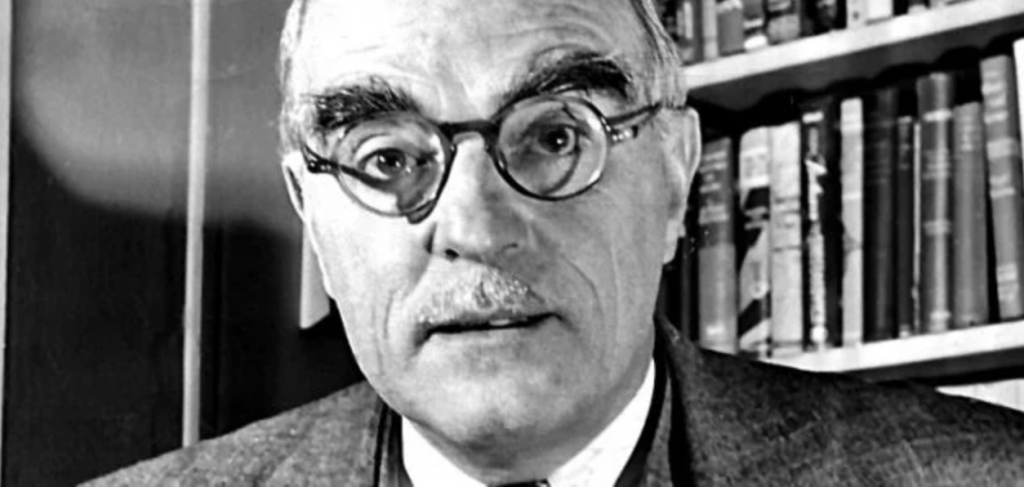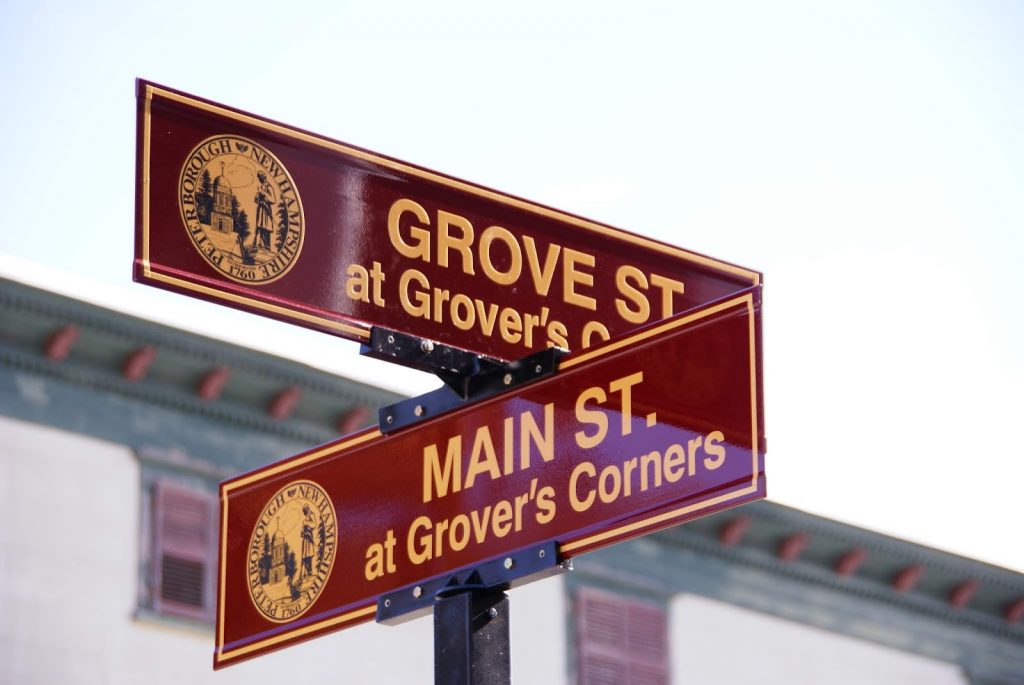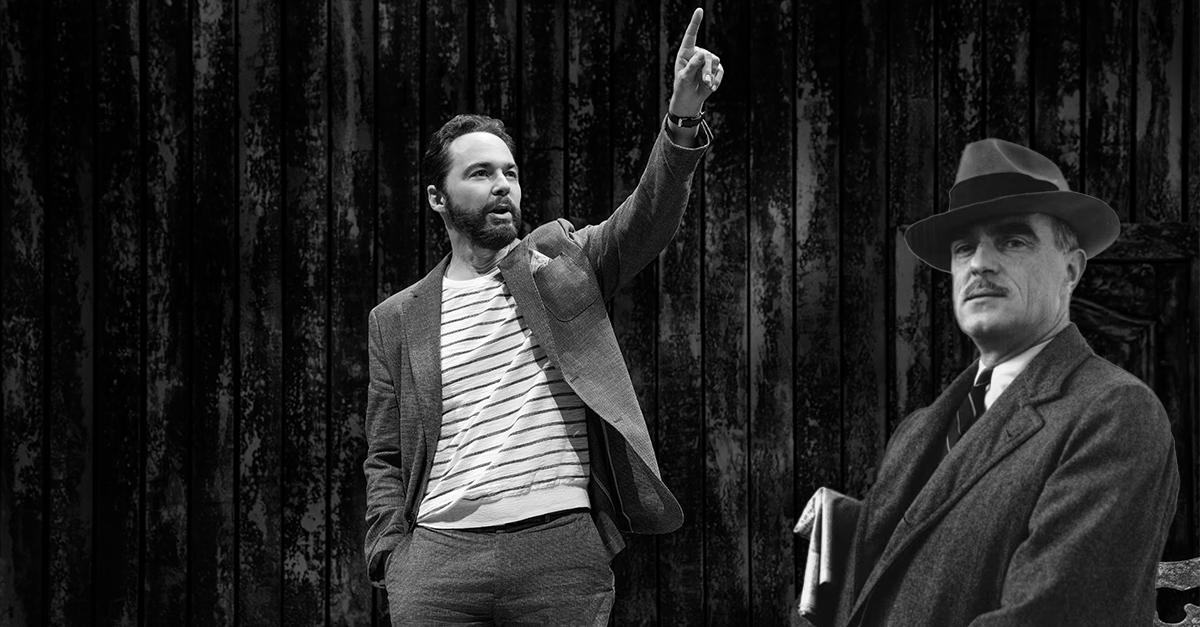Thornton Wilder explored the search of finding the profound in the mundane.
As Our Town graces the Broadway stage once more, under the skilled direction of Kenny Leon and featuring the standout talent of Jim Parsons, we’re reminded of the timelessness of Thornton Wilder’s work. First premiered in 1938, Our Town has not only stood the test of time but has evolved into a quintessential American play, offering poignant reflections on life, love, and the human condition. The latest revival was dubbed “an Our Town for all of us” by The New York Times. Much like a beloved Broadway musical that brings together a diverse audience, this celebration of Wilder’s enduring legacy invites us to pause and appreciate the beauty in the everyday moments that make life truly spectacular.

Born on April 17, 1897, in Madison, Wisconsin, Thornton Wilder was a prolific writer whose literary career spanned novels, plays, and essays. His early exposure to literature and drama was significantly influenced by his family, particularly his mother, who encouraged his creative pursuits. Wilder attended Yale University and later spent time in Europe, where he absorbed the cultural tapestries of literary styles and philosophies that would inform his own writing.

Wilder’s Our Town is set in the fictional town of Grover’s Corners, a reflection of his experiences in Peterborough, New Hampshire. The simplicity of small-town life, underscored by universal themes of love, loss, and the passage of time, makes Our Town a profound exploration of human existence. Wilder’s writing resonates with audiences, evoking both nostalgia and a deeper appreciation for the simple moments we often overlook: breakfast with the family, sharing weather patterns with a neighbor, and that ‘terrible moon.’ Wilder creates an intimate connection, drawing us into the heart of Grover’s Corners. The latest production’s cast even took a pilgrimage to Peterborough for inspiration, to find a connection between Wilder’s work and the town that inspired it (with a lot of snacks on the long bus ride to and fro).
Wilder’s influence extends far beyond his own works; he has inspired a generation of playwrights including Paula Vogel, Edward Albee, David Mamet, Donald Margulies, and even Gertrude Stein. These writers have drawn on Wilder’s ability to blend the profound with the mundane, shaping their narratives to explore complex human emotions and social realities. Many American essayists and journalists have hailed Thornton Wilder as the greatest American writer of our time, recognizing his ability to capture the essence of the human experience with grace and insight. His works are revived again and again on Broadway. Recently, The Tony-nominated The Skin of Our Teeth was reconceived with puppetry and trimmed for context, proving that the themes he tackled are as relevant today as they were during his lifetime.
Beyond Our Town, Wilder’s literary contributions are vast and varied. His novel The Bridge of San Luis Rey won the Pulitzer Prize for Fiction in 1928, exploring the interconnectedness of human lives through the story of a bridge collapse in Peru. This theme of connection reflects Wilder’s belief in the shared experiences that bind humanity together. His other notable play, The Matchmaker, showcases his knack for blending realism with fantasy, capturing the complexities of life with both humor and heart. It would later form the basis for the iconic musical Hello, Dolly!
Wilder’s legacy as a writer extends beyond his individual works. He is often credited with reshaping American theater by pushing the boundaries of traditional narrative forms. Wilder’s ability to weave humor into profound philosophical questions has influenced countless artists, making him a key figure in American literature.
It’s clear that his works continue to inspire and provoke thought. In a world that often feels chaotic, Our Town serves as a gentle reminder of the beauty of our everyday lives. It encourages us to cherish the moments we often take for granted. The current Broadway revival not only highlights Wilder’s genius but also reinvigorates the conversation about the importance of community, love, and the shared human experience.
As we celebrate the success of Our Town on Broadway, let us remember the profound lessons embedded within his writing. His legacy endures not only in the pages of his plays but also in the hearts of those who continue to find meaning in his words.
